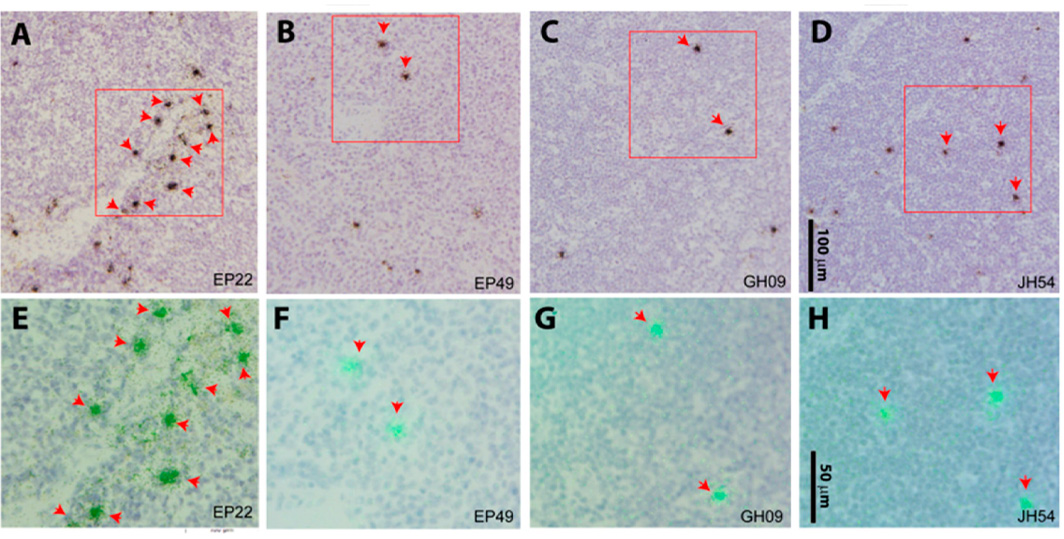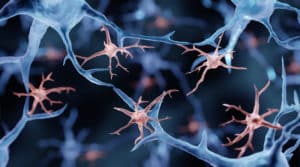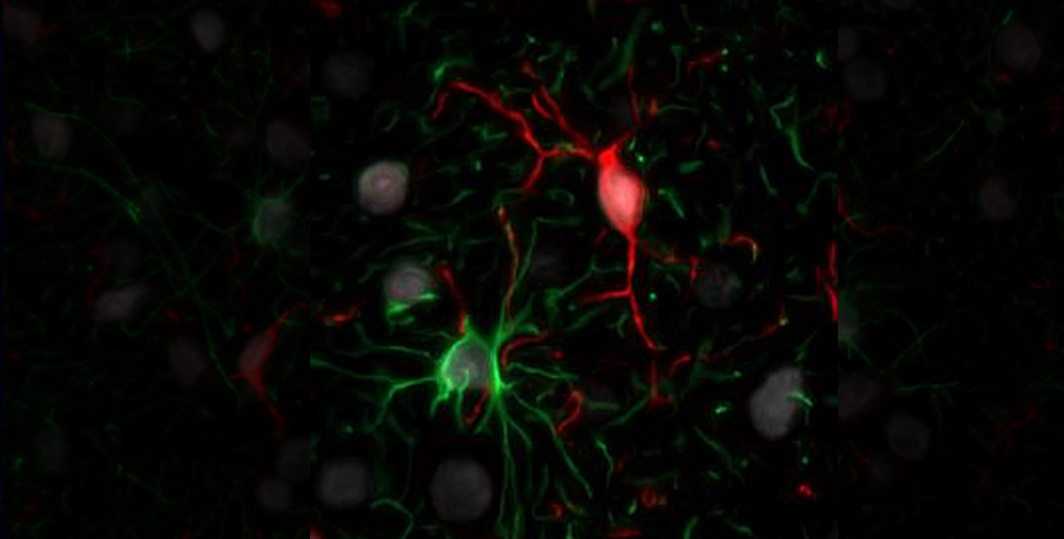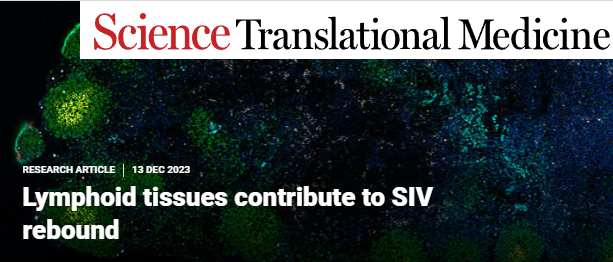RESEARCH
Featured Research Areas

HIV/SIV Reservoirs in Lymphoid Tissues and Source of Viral Rebound upon Antiretroviral Therapy Interruption
As of 2022, approximately 39 million people are living with human immunodeficiency virus (HIV) globally, from which 9.2 million people do not have access to HIV treatment, and an estimated 630,000 people died from AIDS-related illnesses.
The Ling Lab studies pathogenesis and viral reservoirs of HIV infection. We utilize non-human primate models in infection of simian immunodeficiency virus (SIV) or chimeric simian-human immunodeficiency viruses (SHIVs) to study the persistence of HIV and related comorbidities. Our goal is to develop or use new approaches for prevention or therapeutics towards the eradication of HIV in human populations.
OUR LATEST UPDATES
News And Updates About Our Research And People
NEWS





